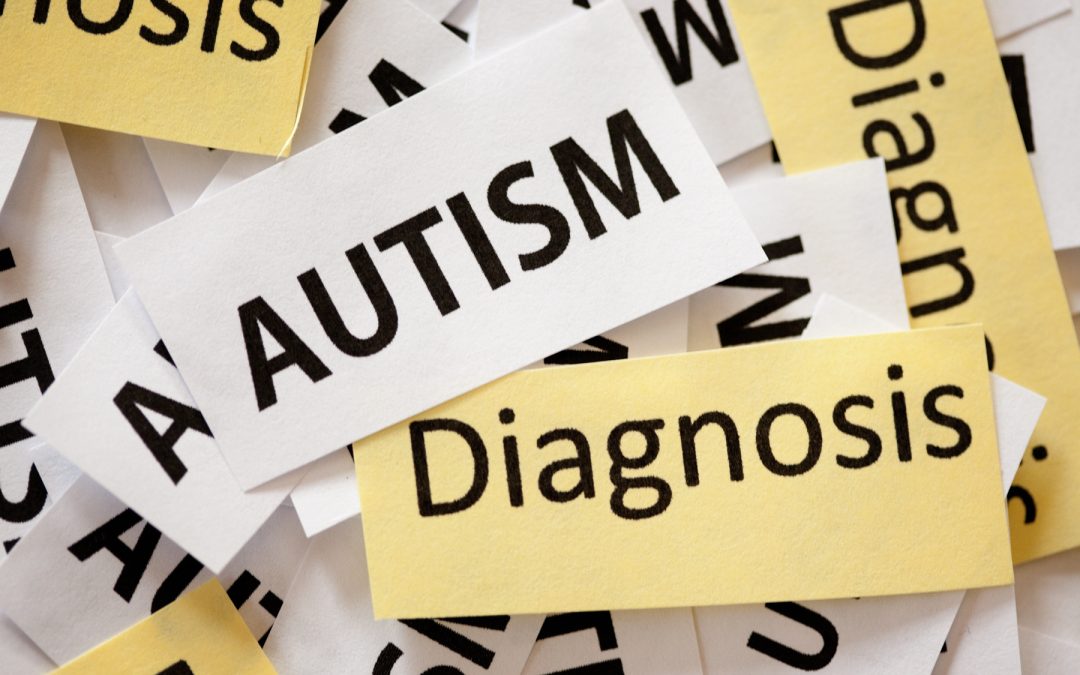Special Needs Network is fighting hard against these inequities with groundbreaking initiatives like our THINK Institute for Equity and Economic Advancement and our new workforce development program, Creating Opportunities and Resources for Equity in Early Intervention (C.O.R.E.). But there is much more work to be done.
Currently, federally qualified health centers are entitled to federal grant money and enhanced Medicaid payments for certain licensed providers. These supplemental payments make it financially feasible for clinics to operate in poor and historically underserved neighborhoods. But a critical community of providers is left out of the current legislative scheme that enables those supplemental payments—the behavioral health specialists who provide critical services and intervention for those with autism and other developmental disabilities.
The current scheme creates a dual system where the wealthy have access to more providers and services, while low-income and poor people—particularly people of color—receive a diagnosis, assessment, and intervention services two years later than their peers. Increasing provider payment rates for Medicaid will help improve provider participation and expand access to care for those who have, for too long, been left behind by an unjust system.
